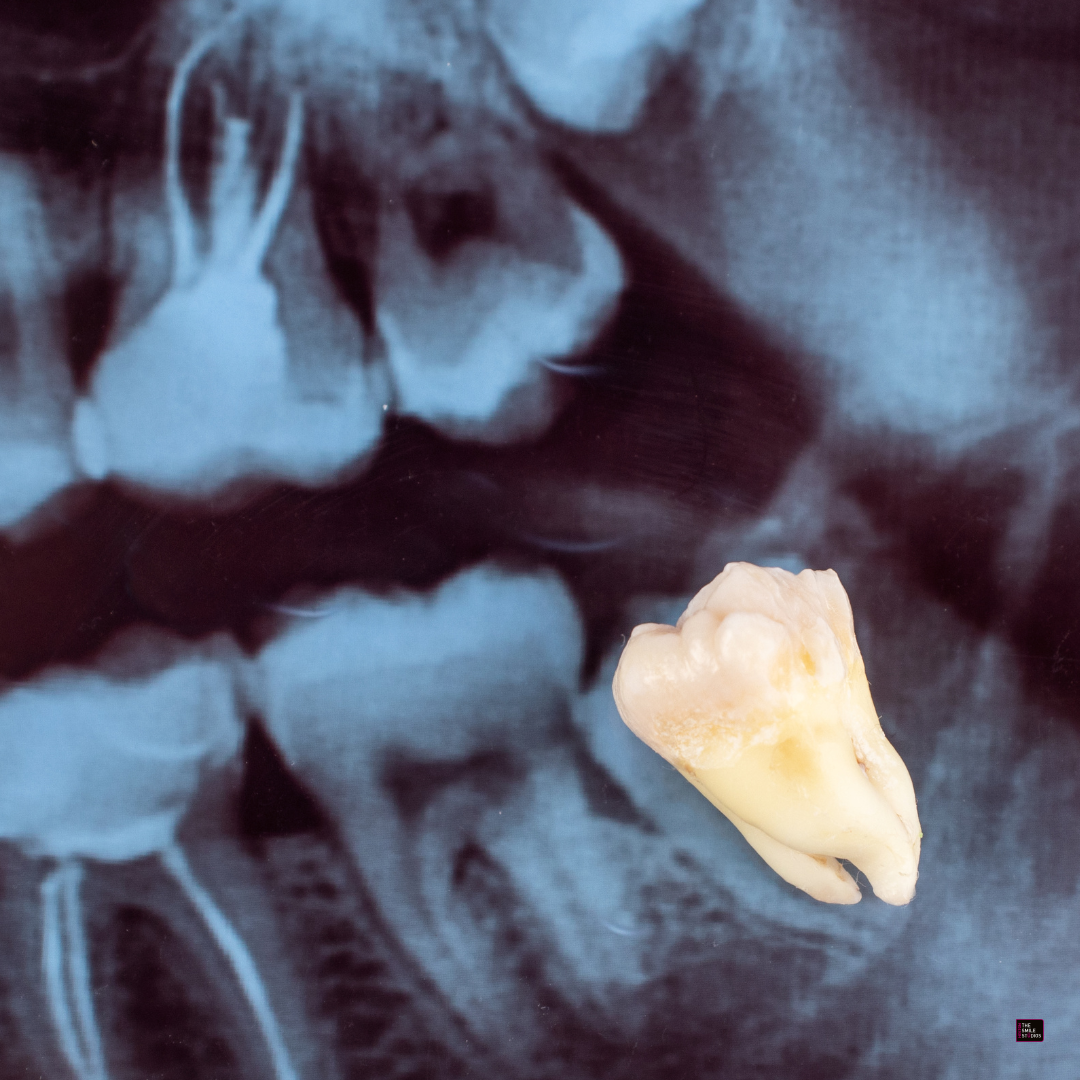08 January 2025
What To Do After a Tooth Extraction
A tooth extraction is now considered a routine dental procedure, especially when carried out by a private dentist with the resources and training to provide a comfortable experience for patients.
How you care for your mouth after tooth extraction can determine factors such as:
- How you brush and floss the area
- How soon you eat after the extraction
- Whether or not you smoke during the recovery time
We’ve put together some of the most common questions we are asked by patients following a tooth extraction.
Hopefully, these can help you care for your mouth after a tooth extraction, but if you are every in any doubt, please call the practice for guidance – we are always happy to help you.
What to do after a tooth extraction – FAQs
I’ve just had a tooth out – what do I do to recover?
Whilst you shouldn’t experience any discomfort during the extraction process, as the local anaesthetic wears off, you may wish to take over-the-counter painkillers. It’s completely normal to have some minor discomfort following a tooth extraction, but thanks to the modern techniques we use at The Smile Studios, your procedure will run smoothly. Our dentists are known for their reassuring chair-side manner that puts patients at ease time and time again during procedures like tooth extractions.
Can I eat normally after having a tooth out?
We recommend avoiding hot food and drinks until the anaesthetic has worn off. This is because you won’t be able to feel properly whilst the anaesthetic is taking effect, so you may risk burning your mouth (which is a common problem).

Can I drink alcohol after a tooth extraction?
We strongly recommend avoiding alcohol for 24 hours after your extraction, as this could affect the healing of the area.
Can I smoke after a tooth extraction?
As dentists, we will always try to encourage patients to stop smoking. However, if you do wish to continue smoking, we recommend waiting for at least 24 hours, to allow your gum tissue to heal without the adverse effects of the toxins contained in cigarettes.
Cigarettes are known for inhibiting blood flow, which can seriously impact healing times after a surgical dental procedure and cause a painful condition known as dry socket.
To maximise the guarantee of a smooth recovery after a dental extraction, limiting (or cutting down) your cigarette usage is the best thing you can do. If you take anything away from this blog, let it be this!
How do I know if I need a tooth out?
There are sometimes no clear signs that would indicate a tooth needs to come out (which is incredibly frustrating!). This is why regular dentist visits are so important, as we carry out thorough investigations using high-magnification loupes and highly accurate digital X-rays to identify the small signs that might lead to destructive dental problems a little later down the line.
Some factors that could determine a tooth needs to come out include:
Extreme tooth pain
Whilst toothache doesn’t necessarily indicate a tooth is beyond saving, an extreme toothache that affects your normal activities could mean an infection is present.
In some cases, we can perform root canal therapy to remove the infection and restore the tooth. When toothache is allowed to persist for a number of weeks, the infection can worsen to the point where the tooth needs to be removed (generally when a dental abscess has formed).
Gum disease
Gum disease presents with symptoms like bleeding and inflamed (red and swollen) gums.
If you’ve had bleeding gums for many weeks, and you’ve noticed your gums are looking red, you could be suffering with symptoms of advanced gum disease too. The advanced symptoms are hard to spot yourself at home, and include pockets in your gum line, and invisible plaque on the roots of your teeth.
Only a dental professional will be able to diagnose these issues, which if left untreated, will cause loose and failing tooth, leaving you vulnerable to a tooth extraction.
Combat this by having bleeding and red-looking gums investigated as early as possible.
Tooth crowding
Crooked and overlapping teeth can indicate tooth crowding, which can also be accompanied by chewing pain.
If you’re considering teeth straightening treatment to address tooth crowding, you may need to have crowded teeth extracted before beginning with your chosen appliance (metal braces or Invisalign, for example).
Tooth Extraction Muswell Hill – Contact Us For a Check-Up
Looking for a dentist when you’re suffering from extreme dental pain can exacerbate an already stressful situation.
Sign up with us at The Smile Studios to have access to fast emergency dental care and check-ups when suffering from severe dental pain.
We are currently taking on new patients for routine care.
Contact our reception team to find out about our affordable dental plans, and more about our routine and emergency dental services.
Back to Blog